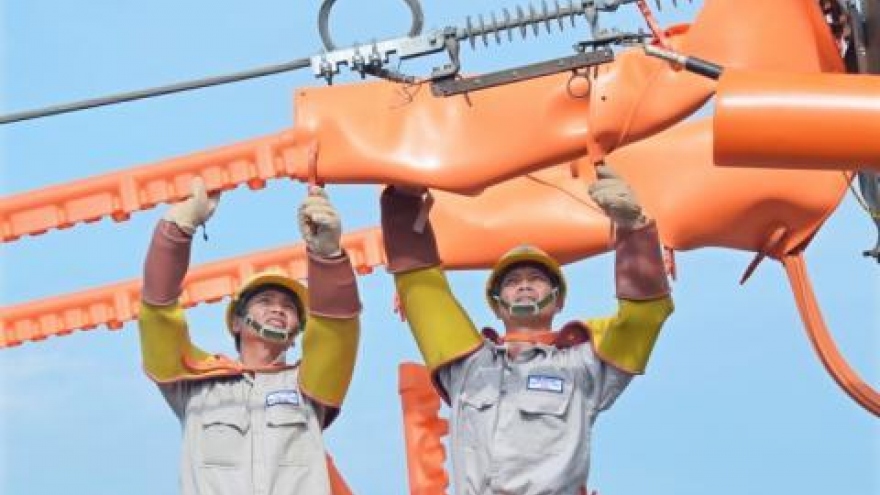Should all electricity be purchased from Vietnam Electricity Group?
Buying electricity directly from private companies running renewable energy power plants, and not through Electricity of Vietnam (EVN), is being considered.
 |
In the past, Vietnam only had one power generator, EVN, but now has many power plants developed by other state-owned corporations and private groups. About 30 percent of power generation plants are competing to sell electricity to the only wholesale buyer, EVN.
EVN is drafting a plan to develop a pilot competitive electricity retail market, which is expected to be submitted to the Ministry of Industry and Trade (MOIT) in July. This is a step preparing for the competitive electricity retail market, scheduled to become officially operational by 2023.
The program on buying/selling electricity directly from power generators on a trial basis will be implemented by V-LEEP (Low Emissions Economy Partnership) and ERAV (Electricity Regulatory Authority of Vietnam).
Under the program, 200 potential clients, mostly foreign invested enterprises (FIEs), will be invited to attend the bidding for buying electricity directly from private companies that make electricity from renewable energy sources.
The 200 companies will use 100 percent of renewable power in their production and business.
If the pilot program gets the government’s approval, renewable power plants with the capacity from 5 MWp to 60 MWp will be invited to sell electricity directly to enterprises. The total capacity will be no more than 300 MW.
Investors will seek partners and develop projects based on their capability and the agreements on selling electricity directly partners.
Analysts commented that with the direct sale/purchase, the electricity prices will be higher. However, once using renewable power and having green certificates for their production activities, enterprises will get other benefits, including access to bank loans.
The finding of a direct electricity sale/purchase mechanism is necessary for the development of the competitive electricity retail market.
Under the government’s Decision No 58, except the distribution electricity network management which the State must hold 100 percent of chartered capital, the electricity retail units will be equitized in accordance with the development levels of the power market. The State will hold 50-65 percent of shares in existing enterprises.
The electricity wholesale market will become operational in full swing by 2021. By that time, big clients, including big industrial production groups and five power corporations, will be able to sign contracts with state-owned and private power generators to satisfy their power needs.
From 2023, power generation sources and distribution companies will compete to provide electricity to industrial, commercial and household clients.



